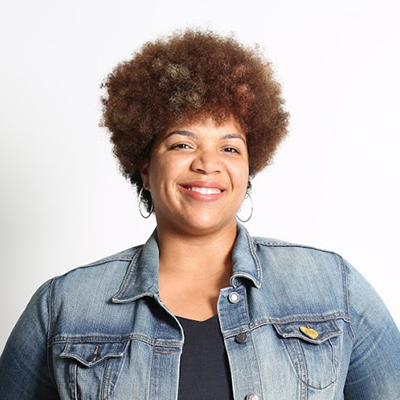
Black women cultivate community
Nikotris Perkins wants to delve deeper into how Black women make everything work.

The urban studies doctoral student sees their leadership within their communities, and sees them fulfilling multiple roles while facing myriad challenges of racism, sexism and patriarchal systems. She hopes that learning more about the successes of their approach could help create better environments everywhere.
Her research interest rests upon a basic hypothesis, rooted in her own experience. Being Black is a cultural identity, Perkins says, so the word should be capitalized when communicating that identity. She’s seen Black women be the driving force in keeping generations of families and neighborhoods together.
“In addition to surviving or thriving in environments that are hostile,” Perkins says, “there’s also their ability to create a loving community. They create and maintain spaces where people still feel loved, welcomed, appreciated and understand why they’re important, even though they’re still facing the world.”
One factor driving her interest, Perkins says, is that Black women as a demographic have been historically researched from afar or without their permission rather than with a focus on their voices and experiences.
“It’s not like Black women are like, ‘Hey, just want to let everyone know we’re over here, sustaining communities, if you want to come check it out,’” she says.
So Perkins is studying how Black women build and sustain these supportive communities. She plans to interview 30 Black women and observe five of them for at least five hours where they live and play. The on-site study will give Perkins a chance to see how they foster a sense of safety and belonging.
“The goal is to understand the practices of Black women in the community that they’re building and maintaining,” Perkins says. “Creating a connection between theory and practice will help cultivate better community environments.”
The project is in the early stages now, but her research proposal made Perkins a finalist in UWM’s Three Minute Thesis competition for graduate students. Perkins is studying under the guidance of Erin Winkler, associate professor of African and African diaspora studies in the College of Letters & Science.
In addition to identifying the women’s best leadership practices, Perkins hopes her findings will help inform practices and procedures regarding education, social justice movements and government.